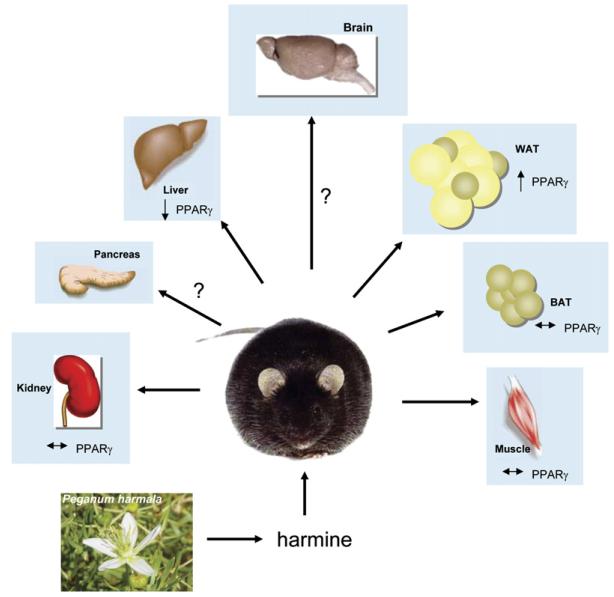Figure 1. Effects of Harmine on PPARγ Expression in db/db Mice.
Harmine is a naturally occurring β-carboline alkaloid found in Syrian rue (Peganum harmala) and other plants. A small-molecule library screen (Waki et al., 2007) has identified it as a proadipogenic molecule that acts by inducing PPARγ expression. Obese (db/db) mice treated with harmine show a delay in the onset of diabetes, coincident with increased oxygen consumption and thermogenesis. A 2-fold increase in PPARγ levels was selectively seen in white adipose tissue, while there was a 50% decrease in PPARγ levels in the liver and no change in muscle, brown adipose tissue, or kidney. The effect of harmine on PPARγ expression in the brain and pancreas is currently unknown. Peganum harmala image reproduced from http://commons.wikimedia.org/.

